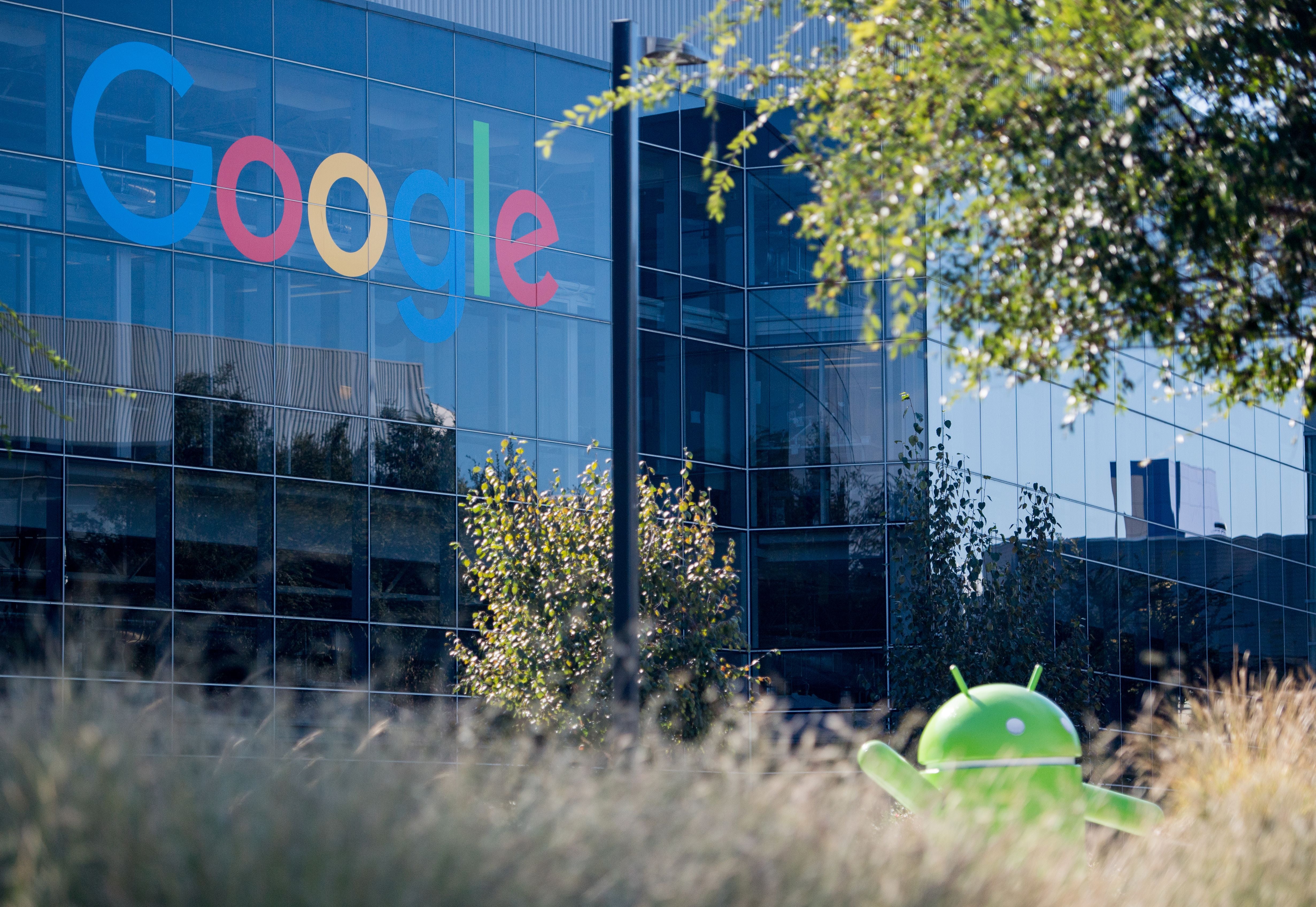The Independent's journalism is supported by our readers. When you purchase through links on our site, we may earn commission.
Google to allow Android users to opt out of tracking for targeted ads, following Apple
If an Android user opts out of personalised ads, the advertising ID would not be available

Starting late 2021, Google has said it will allow Android users to opt out of being tracked by advertisers for personalised ads, following a similar move in April by Apple to strengthen privacy on iPhones.
While Google had already allowed Android users to opt out of targeted ads, software developers could still access the advertising ID of devices that identified phones and tabs using a unique string of characters.
But with the new change, the company says if an Android user opts out of personalised ads, the advertising ID would not be available, returning only a string of zeros when requested by developers.
According to Google, the feature will come into effect starting late 2021 for apps running on Android, and would expand to those running on other devices supporting Google Play in early 2022.
The company said it would come up with an alternative solution for essential use cases like analytics and fraud prevention.
“As part of Google Play services update in late 2021, the advertising ID will be removed when a user opts out of personalisation using advertising ID in Android Settings. Any attempts to access the identifier will receive a string of zeros instead of the identifier,” the tech giant noted in its support page.
The current move by Google comes after Apple’s rollout of its controversial App Tracking Transparency, or ATT feature in iOS 14.5 that requires users to opt in to being tracked by apps for targeted ads.
Following Apple’s new feature, Facebook, which relies heavily on tracking for personalised advertisements, strongly criticised the changes with an aggressive ad campaign, saying the move would adversely affect small businesses.
“Our studies show, without personalised ads powered by their own data, small businesses could see a cut of over 60 per cent of website sales from ads,” Facebook noted in its website.
However, critics have argued that the figure of 60 per cent in Facebook’s claim is based on a wrong parameter called return on ad spend, or ROAS.
They say that ROAS indicates the amount of revenues linked to advertising, while it does not reveal how much revenues were directly caused by advertising.
“Without randomised controlled trials, Facebook should refrain from making claims that imply large effects of personalised ads,” marketing experts Bart De Langhe and Stefano Puntoni, explained in the Harvard Business Review.
“Randomised controlled trials that compare personalised advertising with no advertising, suggest only a small impact on sales,” they added.
Join our commenting forum
Join thought-provoking conversations, follow other Independent readers and see their replies
Comments
Bookmark popover
Removed from bookmarks